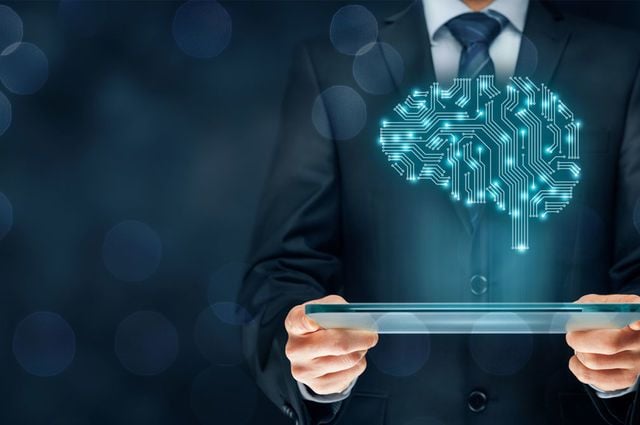Artificial Intelligence… Where could and should AI be adopted in our industry?
15 experts shared their view
Artificial intelligence is rapidly moving from the laboratory and into business and consumer applications. The result is a fundamental shift in how software is built, and what it's capable of doing. And while we're still a way off from the artificial general intelligence portrayed in the movies, artificial narrow intelligence is a reality that's already powering some of the most successful technology businesses today, including Amazon, Facebook, Google and Apple.
So… Which areas of the hospitality industry are and will be most suited to implement AI and why? What's your take?
Research has repeatedly shown that consumers want to have engaging, relevant experiences. In fact, 61% of consumers are more likely to buy from companies that deliver custom content based on real-time interaction. First, in this age of convergence, the traditional lines between marketing, revenue management, loyalty and distribution are becoming blurred. Hilton has publicly stated it collects one billion guest-related data points every day. AI needs a lot of data to be collected, and the industry is finally able to do so. AI-powered dynamic engagement recommendation and conversion engines are emerging which proactively determine what and how to offer a guest based on reams of data collected.
Second, the industry is a prime candidate for the Internet of Things (IoT). When more and more devices in a hotel exchange more and more bits and bytes, AI will be able to proactively understand how to optimize a hotel's entire ecosystem, from queue management to food purchasing to vastly increasing energy efficiency and reducing costs. In the next few years, we will see the emergence of “analytics on the edge,” with a real-time stream of decisions being made not in central data centers, but within smart devices themselves.


